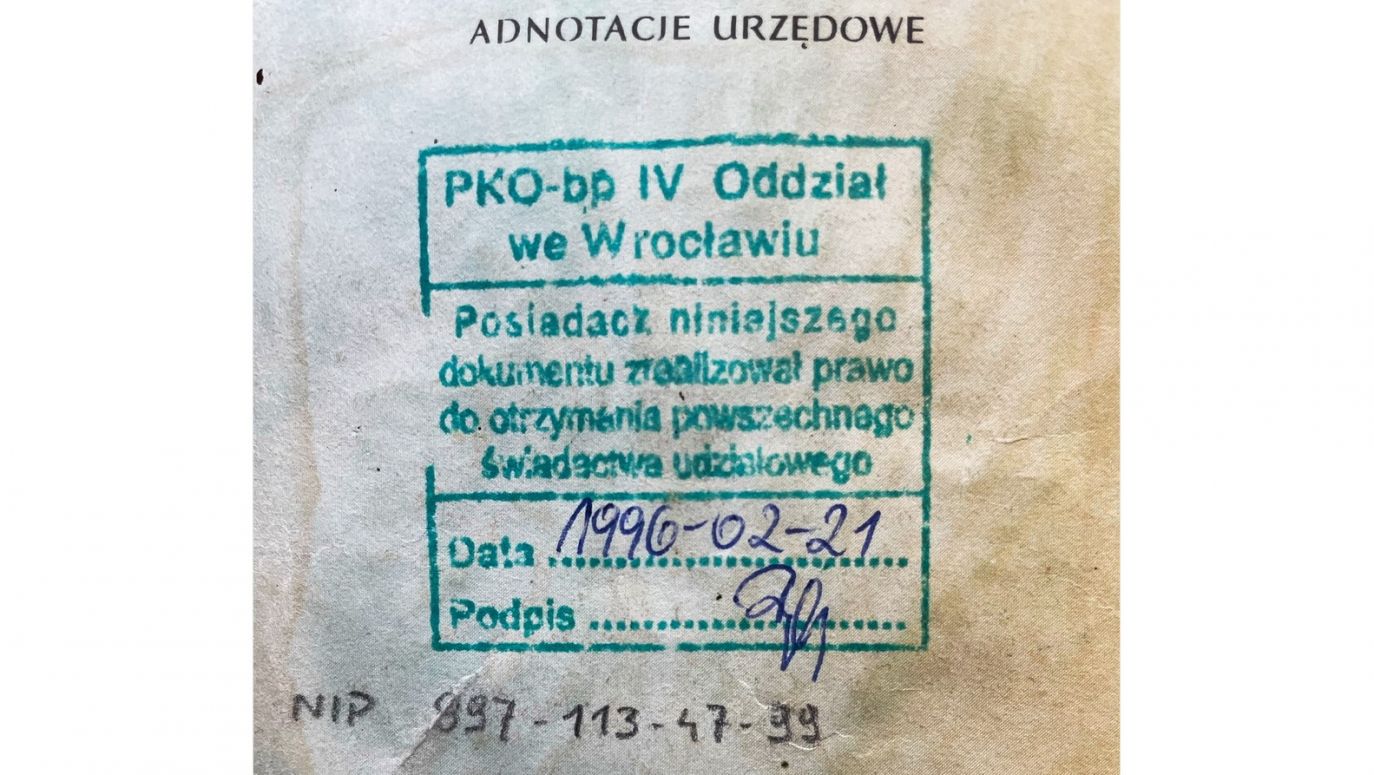Nor can you trust normal financial institutions, which realised a long time ago that in the modern world, it is impossible to rob people from distant countries and continents, so now they rob their customers by offering them investments of a certain risk.
Once, a guy from some bank called me to offer such an investment.
"I have no money," - I replied honestly and truthfully.
"We can lend it to you."
"And you can invest the money I would borrow?"
"Yes, indeed".
"So I have a better idea. You lend me the money, I will make an investment, and we'll share the profits after deducting the cost of the loan."
"I am sorry, but we don't invest that way."
Sometimes, it's good not to have money. But those who have it, want to have it or can have it, prefer to reach for real estate, often paying tribute to banks anyway in the form of loans.
But let's get back to the method of raising money. Well, if you can't rely on your friends, you must turn to strangers. Of course, no one would give us a penny if we sat in a suit in front of a shopping mall, on a deckchair, with a drink in our hands and carefully written text displayed on the piggy bank saying: "I need money for new investments. I also accept credit cards, BLIK payments and bank transfers.
One particular individual, an adult activist of this and that - who by no means lives alone - announces a fundraiser because, as she claims, she is a crusader and has no time to earn her living. She can't rely on her old folks because they are not serious at all… If anybody turned directly to another person with such a request, they would have to face a confrontation, neither easy nor beneficial for the one concerned. In many whip-rounds I see references to the loved ones, unpleasant for them, so I have the impression that sometimes it can be less of a hat-collection matter but more of a family conflict. Although this cannot be generalised in any way.
Undoubtedly, the institutional nature helps the collectors a lot. But the most important thing here is a certain level of satisfaction experienced by poor people who are the donors. "Look, they're doing this business because of me". "This movie was made with my money". "They needed fifteen hundred to close the collection, so I gave it. If I were younger, I would do something like that myself."
Therefore, the paupers' capitalism has a great future ahead. Even a small donation gives a sense of satisfaction that you participate in some enterprise while maintaining the comfort of not spending too much.
There are no hardships in managing the business and arguing with associates. Somehow, none of my friends felt like a capitalist when they were self-employed (as a company) or even on a junk contract, although the newspapers wrote that "they had it their way" or even became entrepreneurs.
– Grzegorz Sieczkowski
TVP WEEKLY. Editorial team and jornalists
– translated by Katarzyna Chocian 

 SIGN UP TO OUR PAGE
SIGN UP TO OUR PAGE 






